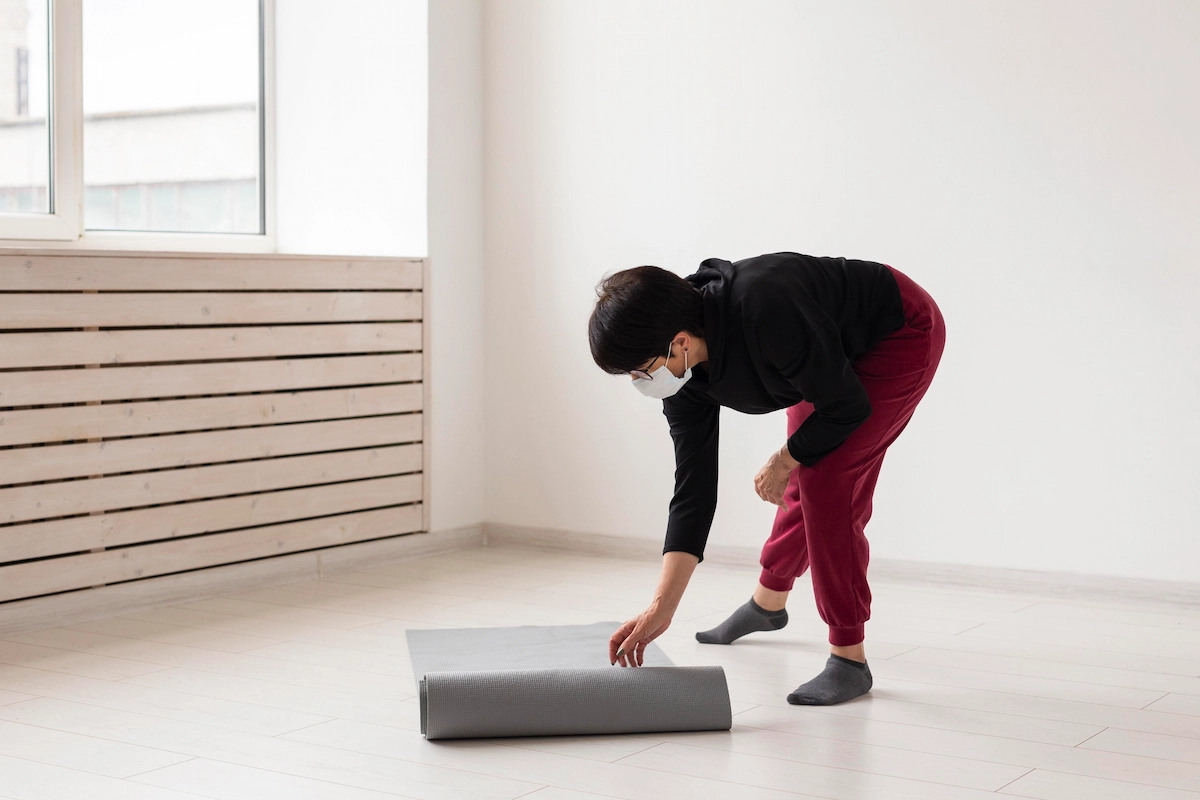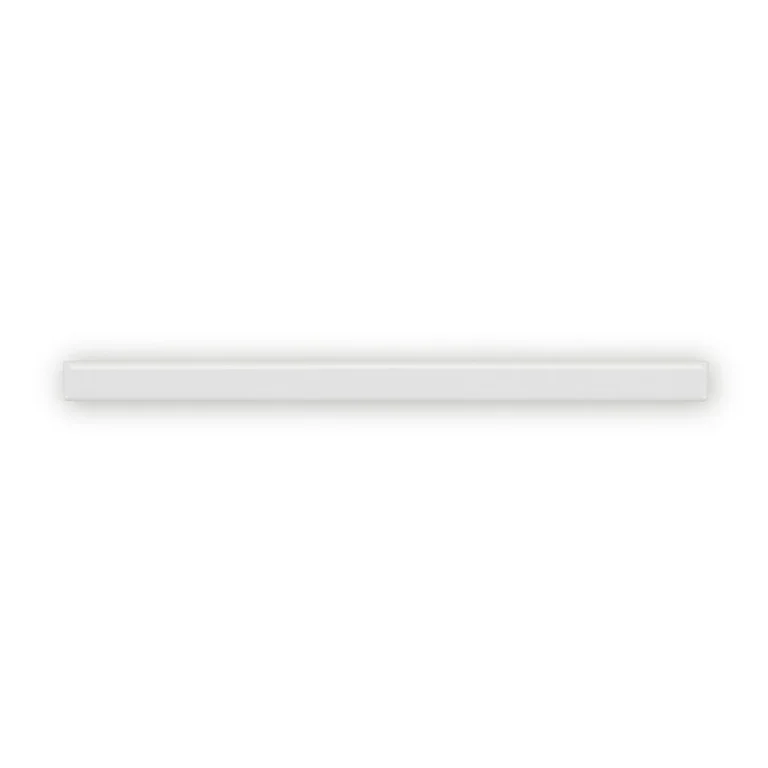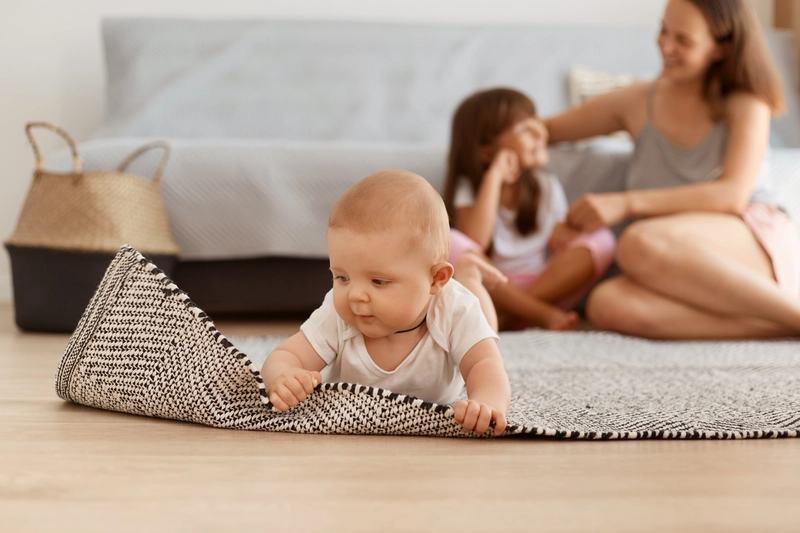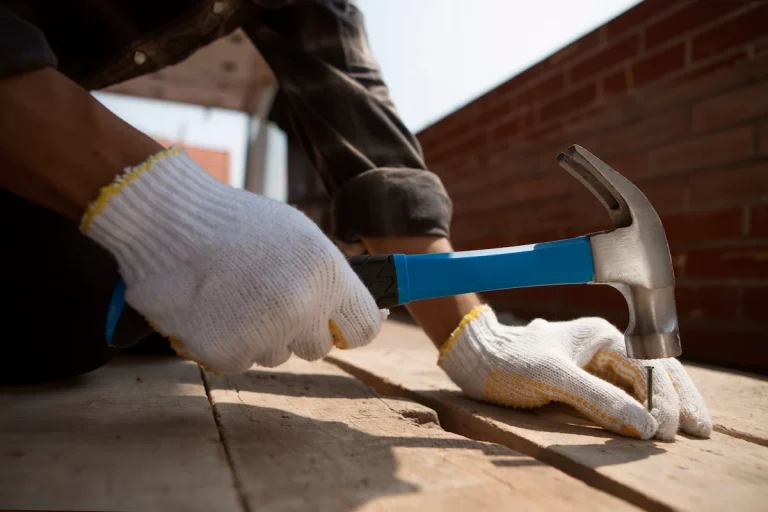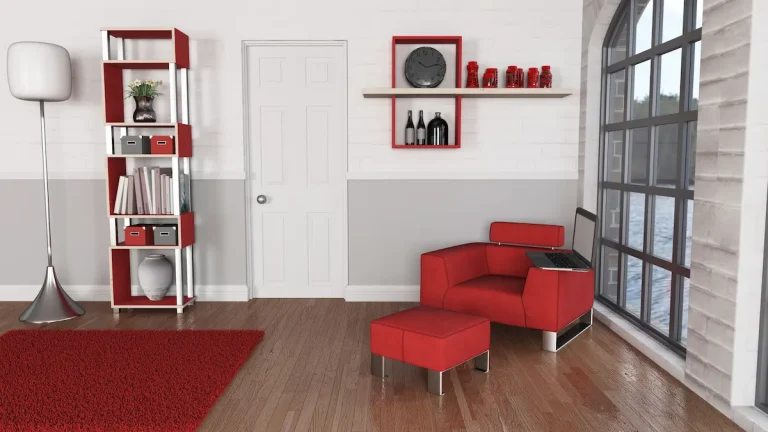Choosing appropriate flooring for humid climates presents a significant challenge, as moisture can severely damage conventional materials. It’s essential to consider critical factors when selecting the best flooring for humid climates, including moisture resistance, durability, and ease of maintenance. Identifying the most suitable flooring choices—such as tile, vinyl, engineered hardwood, and cork—will help you ensure that you select the optimal option for your home.
Additionally, effective maintenance strategies are provided to help preserve the appearance of your floors under humid conditions. By understanding how to safeguard your investment, you can enhance your living space with the right flooring solutions.
What to Consider When Choosing Flooring for Humid Climates
Choosing the right flooring for humid climates is crucial to prevent moisture damage and ensure longevity. Factors like moisture resistance, durability, ease of maintenance, and cost must be considered to make the best choice. Below are key aspects to focus on when selecting the ideal flooring for high humidity areas.
A. Moisture Resistance
In humid environments, the flooring material must be resistant to moisture. Materials like luxury vinyl and porcelain tiles excel in this area, offering excellent moisture resistance and maintaining their structural integrity. Engineered wood also outperforms traditional hardwood in terms of moisture resistance, preventing issues such as warping and expansion.
B. Durability
Durability is another vital factor in choosing the best flooring for humid climates. Floors in humid environments are exposed to moisture regularly, so they must withstand wear and tear over time. Vinyl, laminate, engineered wood, and porcelain tiles are particularly resilient to both traffic and humidity. On the other hand, solid hardwood may degrade under high humidity levels, making it less suitable.
C. Maintenance
Moisture-prone areas require flooring materials that are easy to maintain. For instance, tile and vinyl are relatively low-maintenance, whereas hardwood may need sealing and periodic care to maintain its appearance. Consider how much time you’re willing to invest in upkeep when choosing your flooring.
D. Cost
The initial cost of flooring materials varies widely. Luxury vinyl and engineered hardwood tend to cost more but are durable and require fewer repairs. Laminate is a more affordable option, but higher maintenance costs may accumulate over time. Always factor in the long-term costs of repairs and maintenance when selecting your flooring.
By understanding these factors, you can choose flooring that not only looks great but also stands up to the challenges of high humidity.
Best Flooring Options for Humid Climates
What is the best flooring for high humidity? In a humid climate, it’s crucial to select flooring materials that offer both durability and moisture resistance. Here are the best flooring choices for areas with high humidity:
A. Tile Flooring
Tile, particularly porcelain and ceramic, is highly durable and moisture-resistant. Porcelain tiles are dense and less porous, making them ideal for humid areas. Tiles are easy to maintain, and when paired with water-resistant grout, they can withstand heavy foot traffic and humidity.
B. Vinyl Flooring
Luxury Vinyl Flooring (LVT) and Vinyl Plank (LVP) are some of the best vinyl flooring options for high-humidity areas. These floors are waterproof, durable, and require minimal maintenance. Vinyl offers many design options that replicate wood or stone, making it an excellent choice for both style and function.
C. Laminate Flooring
Laminate flooring has come a long way in terms of moisture resistance. While not as durable as vinyl or porcelain, laminate flooring designed for high-humidity areas is a more affordable option. Choose moisture-resistant laminate to prevent potential damage in humid climates.
D. Engineered Hardwood Flooring
Engineered hardwood is ideal for areas with fluctuating humidity levels, as it resists warping and cupping better than solid hardwood. It offers the warm, natural look of wood without the moisture-related issues, making it suitable for bathrooms, kitchens, and basements.
E. Natural Stone Flooring
Stone flooring, such as granite, marble, and slate, is naturally moisture-resistant and highly durable. With proper sealing, it can withstand high humidity while providing a luxurious and timeless appearance. Stone is an excellent choice for high-traffic areas and homes that require moisture-resistant flooring solutions.
F. Cork Flooring
Cork flooring is eco-friendly and highly moisture-resistant, making it an excellent choice for humid environments. It’s also comfortable underfoot and can help reduce noise. Cork’s resistance to mould growth makes it a healthy option for kitchens and bathrooms.
G. Concrete Flooring
Concrete is a tough, moisture-resistant flooring option that can be treated or polished for aesthetic appeal. It’s ideal for basements and garages, where high humidity is a concern. Regular cleaning and resealing will ensure its longevity.
H. Porcelain Flooring
Porcelain tiles are another top contender for humid climates. They are highly resistant to moisture, scratches, and dents, making them perfect for wet areas like bathrooms and kitchens. Porcelain flooring is easy to maintain and comes in a wide range of styles and finishes.
What is the Most Moisture-Resistant Flooring?
When searching for the most moisture-resistant flooring, materials like luxury vinyl and porcelain tile are often considered the best choices. These options are specifically engineered to handle high humidity levels, ensuring that they won’t warp, sag, or deteriorate over time. Additionally, products like waterproof laminate and treated engineered hardwood also offer moisture resistance, making them viable alternatives for spaces prone to humidity.
Luxury vinyl is waterproof and offers a variety of design options that mimic natural materials, while porcelain tiles provide durability and require minimal maintenance. When selecting the most moisture-resistant flooring, consider the location and the level of foot traffic to find the most suitable choice for your needs.
Selecting the best flooring for humid climates is essential to ensure long-term durability and aesthetic appeal. Whether you choose vinyl, porcelain tiles, engineered hardwood, or any other moisture-resistant option, be sure to consider factors like maintenance, cost, and durability.
For expert advice and a wide range of high-quality flooring options, explore TEKA Flooring. Our team can help you select the best flooring for your home, ensuring it withstands the challenges of high humidity while maintaining its beauty.
Read also:


























